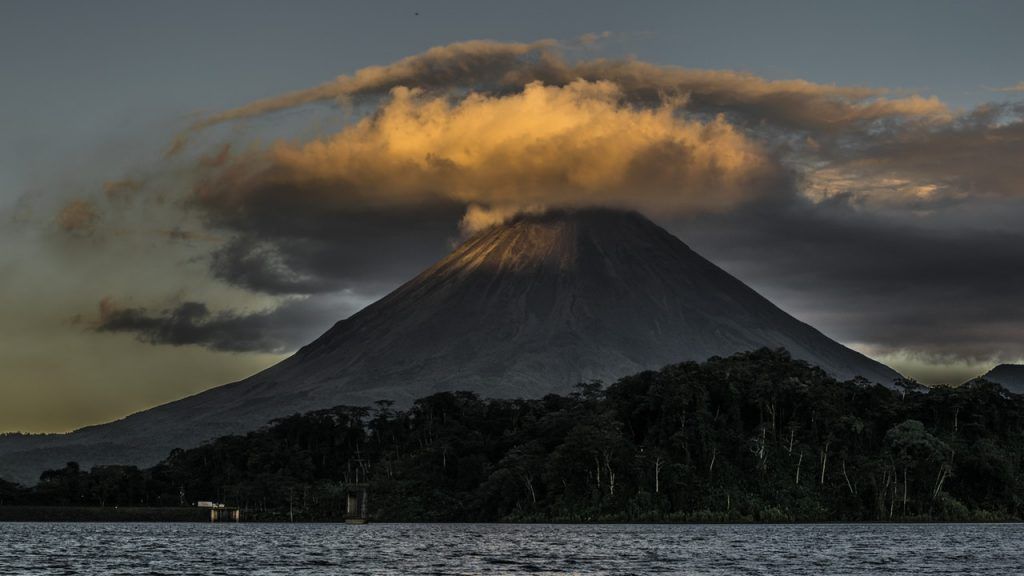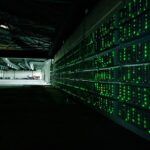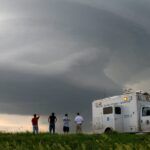A hot, dark, hungry future?
By Bulletin Staff | August 9, 2018

If you were a plant, would you rather get too little sunlight or too much heat?
What a question. It reminds me of the random dilemmas that my 11-year-old son is fond of devising.
Hey, Dad! Would you rather get eaten by a school of piranhas or freeze to death on top of Mt. Everest?
Hey, Dad! If you could only have one type of food for the rest of your life, would you rather have radishes or margarine?
These dilemmas are so exasperating because they are always a) either morbid or disgusting and b) wildly hypothetical. But whether plants would suffer less from excessive heat or from reduced light… well, due to climate change, that’s a less hypothetical question than might be wished.
At Scientific American, Annie Sneed reports on new research, published in Nature, that seeks to determine how a particular geoengineering scheme would affect food crops—assuming, to begin with, that climate change causes serious drops in food yields. The scheme involves tiny particles that would be injected into the atmosphere to block sunlight, forming a sort of umbrella around the globe. The “umbrella” would moderate temperatures—good for plants. But it would also block light—bad for plants.
Solomon Hsiang, a public policy professor at UC Berkeley, set out to determine whether the umbrella scheme would, on balance, help or harm the agricultural sector. He and his researchers decided to study the effects on climate of two past volcanic eruptions, both of which released such great quantities of sulfur dioxide into the atmosphere that global temperatures temporarily fell. The researchers found that the dimmer light caused by one of the volcanoes had decreased crop yields by 5 to 9 percent, depending on the crop in question—enough to cancel out any gains that the “umbrella” scheme could achieve through reduced temperatures. “It doesn’t help agriculture,” Hsiang concludes.
This single piece of research isn’t the last word on agriculture and geoengineering. But it’s one more reason to stop climate change at its source—before geoengineering become the world’s last, most desperate hope.
Publication Name: Scientific American
To read what we're reading, click here
Together, we make the world safer.
The Bulletin elevates expert voices above the noise. But as an independent nonprofit organization, our operations depend on the support of readers like you. Help us continue to deliver quality journalism that holds leaders accountable. Your support of our work at any level is important. In return, we promise our coverage will be understandable, influential, vigilant, solution-oriented, and fair-minded. Together we can make a difference.
Keywords: agriculture, climate change, food, geoengineering
Topics: Climate Change, What We’re Reading














Keep It Simple Stupid > https://www.prageru.com/videos/trees-are-answer